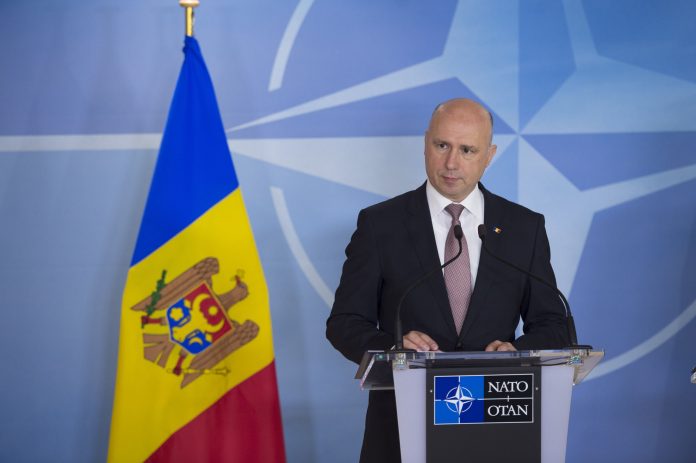Moldova’s long-awaited opening of the Nato Liaison Office in Chisinau has sparked debate about this eastern European country’s future.
Nato Deputy Secretary General Rose Gottemoeller and the prime minister of Moldova, Pavel Filip, oversaw the opening that had seen delays for over two years.
“The office should have been opened in 2015,” Moldovan political analyst Mihai Popsoi told Euronews, “but due to political instability and then because of some long technical delay, it was only inaugurated in December 2017. This prompted speculation that the government was not really inclined to open the office.”
According to Euronews, recent public opinion polls showed rather low support for Moldova’s membership in Nato, with only 15.9% responders in favour of the idea. Due to this, Moldovan politicians avoided public discussions regarding building closer ties with Nato.
“At the same time, pro-Russian parties have long speculated on the matter, sowing fear and anxiety about Moldova’s relations with Nato, even as Moldova’s cooperation with Alliance has benefited the country in many ways,” explains Popsoi. “The pro-Russian Party of Socialists has been the most vocal opponent of the Nato Liaison Office, staging numerous protests, but former Socialist leader and now President Igor Dodon failed to preclude the opening of the office.”
During the opening, Gottemoeller expressed hope that the liaison office will benefit Moldova. “It will also increase transparency about what Nato is and what Nato does here in Moldova,” she said. “I hope that this will greatly increase the public’s understanding of our partnership.”
According to Igor Munteanu, who chairs IDIS, a think tank active in the field of good governance and decentralisation, the opening of the Nato office in Moldova is a positive step in strengthening the country’s good partnership with the Alliance.
“Many of us, Moldovan citizens, believe that we will benefit more from strengthening ties with the Alliance than from isolating ourselves. Moldova has an excellent basis for boosting its bilateral relations with Nato, which allows the country to hold several forms of cooperative engagement with the Alliance, military exchanges as well as popular diplomacy, decontamination projects, training and other educational activities.”
But Moldova’s President Igor Dodon expressed his concern about the opening of the Nato office on his Facebook page. “The haste with which the Moldovan government acts on this issue carries significant risks to the national security of the state. Such moves made by the government and the parliamentary majority are certainly aimed not at strengthening the sovereignty, territorial integrity, and independence of the Republic of Moldova,” he said.
Meanwhile, Andrey Devyatkov, a research fellow of the Institute of Economics, Russian Academy of Sciences, says there’s a different reason for the opening of the Nato office in Moldova.
“Nato’s main goal is to further strengthen its borders in the context of the confrontation with Russia, which is unfolding primarily in Eastern Europe,” he said. “It’s important for Nato to increase the military efficiency of the Moldovan army, which has decreased greatly since the collapse of the Soviet Union, and to ensure its operational compatibility with the troops of Nato countries.”

